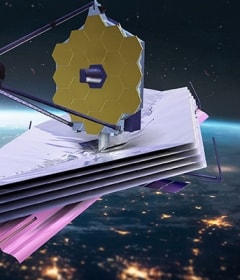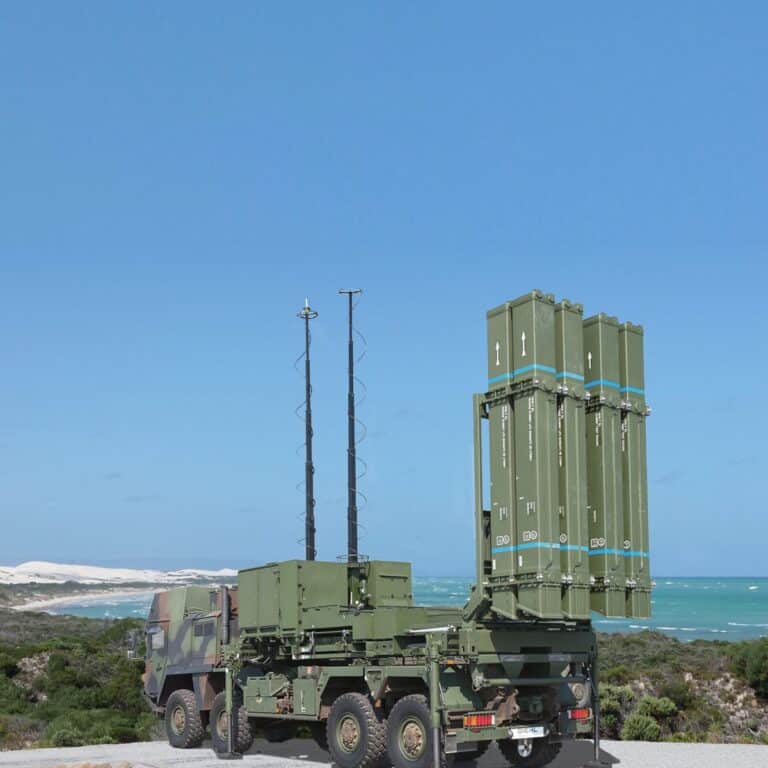In a world where space and technologies are advancing at great strides, the profession of satellite designer appears to be an exciting and dynamic path. Become satellite integration engineer requires solid training and a specific skill set. The benefits of a career in spatial go through studies in mechanical, electrical engineering Or computer science, offering incredible opportunities for those who wish to contribute to technological evolution. What paths and know-how should be favored to successfully embark on this fascinating adventure?

Becoming a satellite designer is an exciting ambition that combines science, advanced technology and engineering challenges. This profession requires specific skills and appropriate training. In this article, we’ll explore the educational paths, essential skills, and professional opportunities that lead to this fascinating field. Whether you are a student looking for your future path or a professional retraining, this reading will enlighten you on the steps necessary to achieve your goal.
Table des matières
ToggleThe training needed to become a satellite designer
To become satellite designer, the educational path is essential. The engineering degree in telecommunications, in avionics, in mechanical or in computer science is often the first step towards this career. Many engineering schools offer specializations in the space field. Specific training in aerospace is highly recommended, as it provides an indispensable body of knowledge. A specialized master’s degree in aeronautics can also be a considerable asset.
Key skills to excel in the profession
Beyond diplomas, some technical skills And interpersonal are essential to becoming a good satellite designer. Knowledge of satellite communications is essential, as is the ability to model and simulate satellite systems. This profession also requires rigor in tests and the verification developed systems.
Skills in project management are also essential. A good designer must know how to coordinate teams, meet deadlines, and manage resources efficiently, while being able to quickly adapt to the frequent changes that characterize the space domain.
Professional opportunities in the space sector
The space sector offers a multitude of professional opportunities. Many organizations, such as CNES or private companies, recruit engineers for the design of satellites. Jobs related to integration, testing and manufacturing are also in high demand. With the rise of space technologies and new private players entering the market, the professional outlook is promising.
Embarking on a career as a satellite designer requires rigorous preparation, both academically and practically. By engaging in specialized training and developing key skills, you will be able to contribute to large-scale projects and participate in technological innovation in the service of humanity.






















